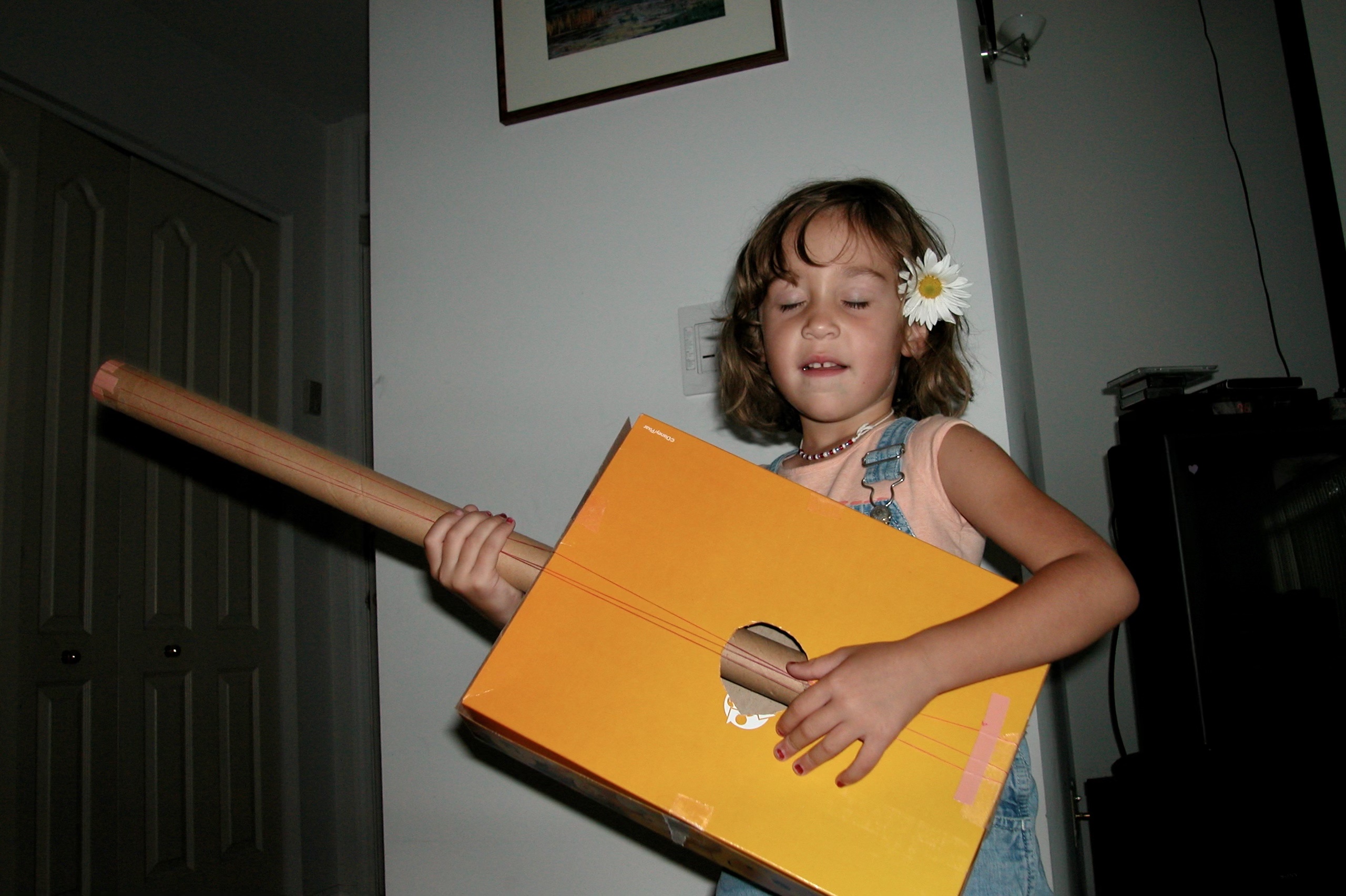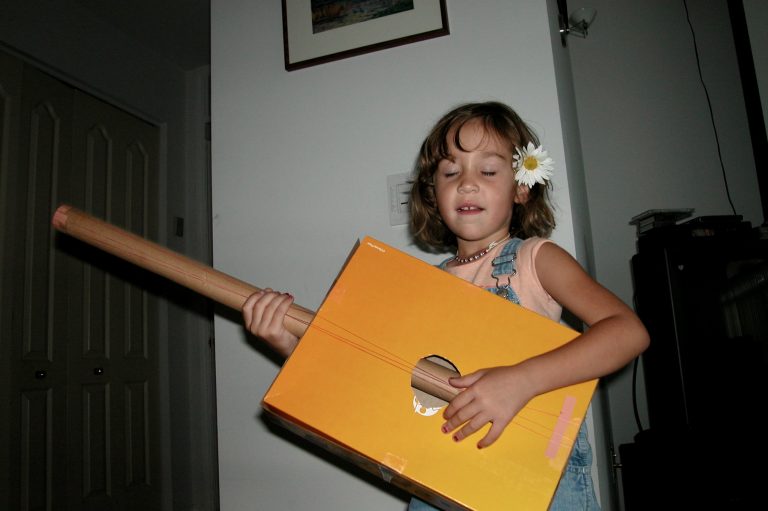As a first generation American, daughter of immigrants, my family’s three options for my future were “doctor, lawyer, or engineer”. There was no flexibility, nor was there any other option for me besides going to grad school.
Since my mom has been a constant source of inspiration, it was long assumed that I would follow in her footsteps, she was my hero. Nightly dinner table conversations of the complex surgeries she was part of left me in awe.
I ended up being pre-med for two years, shadowed an endless number of surgeons, and really thought medicine was what I wanted to pursue. At the time though, I had no idea what was ahead for me in law (cue IP).
From Med School to Law – and the existence of IP
Fast forward to the beginning of my junior year of undergrad. Something just didn’t feel right. I wasn’t enjoying my pre-med classes. My dad suggested I take some philosophy and ethics classes, just to see if they would pique my interest. Little did I know that taking that first Intro to Philosophy class was going to be the catalyst in determining what I wanted to do in my life. Philosophy introduced me to the world of logic, which further led me to the world of law. Not to be a doctor, to be an attorney.
Intro to Philosophy was the first class I took that I enjoyed. I found myself constantly wanting to learn more. My incredible professors encouraged me to learn more and challenge myself with upper-level classes.
This led me to taking two law-related classes that really stuck out to me. The first was an intro to law class, and the second a crime and punishment class. The intro to law class was the first time I ever even heard about what IP was. The class itself previewed almost all the substantive topics you learn in 1L. In addition, it addressed IP. I was fascinated with learning about copyrights and trademarks. A case I remember distinctly was a trademark infringement case with Lil Nas X and Nike. My professor suggested I consider law school. This was not an entirely new idea however. I always had the idea of being a lawyer in the back of my head, (almost every teacher I had since kindergarten told my parents I should be a lawyer, haha). But I always pushed it aside because of the pressure for me to follow in my mother’s footsteps in the medical field and further go to med school.
Childhood & High School – Love of Music Plants an IP Seed
Rewind to teenage Alex. I was playing tennis in South Florida. A lot of tennis. During this period, I ultimately had to focus all of my attention on tennis and stop playing any musical instruments. It was a tough decision, because I’ve always had such a passion for music, but tennis had to take priority because of how intensive the training and tournament schedule was.

Realistically, my musical abilities or lack thereof would have been a barrier to a music career. This was clearly evident by my parents plugging their ears anytime I practiced the piano. But while playing tennis in Florida, I fell in love with a different aspect of music. After I stopped playing instruments, I started attending a lot of music events. I became obsessed with EDM festivals. I learned very quickly that there was more to music festivals, than just being a DJ. There are agents, producers, managers, and even lawyers.
I knew in the back of my mind that being involved with music was something that I wanted to do with my life forever. One problem though, how would I connect the dots to get there?
The Light Bulb Moment
My IP and entertainment law interests began during college through research and talking to a multitude of friends who worked in the music industry. They explained how the different roles in the music industry worked, and how lawyers were a huge part of it. They also added how entertainment lawyers were extremely hard to find. I also found out that outside of being an entertainment lawyer, there was another avenue to working in music, which was IP. The more I found out, the more I figured I could merge entertainment law with IP.
Right before starting law school, I became even more involved in the music scene. Not just going to shows in my free time during undergrad, but by seeking out friends involved with musicians. I made friends with talent buyers who booked artists for shows for venues like Concord Music Hall, The Aragon Ballroom, even Navy Pier. From these friends, I was lucky enough to meet some more people in the industry, and they helped me start building my network. Artists, managers, agents, production engineers, talent buyers, you name it. After living the “green room life” for quite some time, learning the ins and outs of the industry, and sharing my plans for wanting to be in the industry, I still felt kind of stuck.
I still wasn’t sure how to connect my actual time in law school to entertainment until I met an IP lawyer through a friend, at the Aragon. My friend knew that I was in law school, and connected me with attorneys who worked in the music scene. I learned a number of things from those conversations. First, good Intellectual Property and Entertainment Lawyers are scarce. Second, the intro to law class that I loved in undergrad (with all the copyrights, trademarks, and contracts) can be an everyday reality for me. Finally, my “What Now?” became IP and Entertainment Law.
IP At Loyola
Like a fan in the crowd, being at Loyola, has allowed me to see how wonderful and widespread Intellectual Property is. At first, it frightened me. IP can be daunting, it’s applicable to almost every industry and field in the world. It seems very complicated in the beginning. However, after a few IPLS events, and building a relationship with the IP community at Loyola, I was hooked. I went to several events with upper-class students and explained what my goals were. Hearing from them, that music and IP was an interest of theirs as well, really helped cement my decision. They also made me realize that it’s not as daunting as I had thought, but doable. Loyola has the most incredible resources not only for learning, but for guidance as well.
Loyola, and the extracurricular opportunities for IP on campus, cemented my decision to fully dive into the world of IP and Entertainment law. Every upper-class student I met, had such a unique goal they wanted to pursue in IP, from aspirations of working in health care, to country music, all connected through IP. Because almost every industry requires an IP attorney, the avenues are truly endless.
While I know the internal question of “What Now?” will eventually rear its persistent head again, I can confidently say it will not come up regarding the path I’m on in law school. Heading into 2L year, I’m extremely excited to take all of the IP related classes I can. Loyola has one of the best programs in the country for someone pursuing IP, and I cannot wait to officially get started!

Alexandra Angyalosy
Assistant Blogger
Loyola University Chicago School of Law, J.D. 2024
